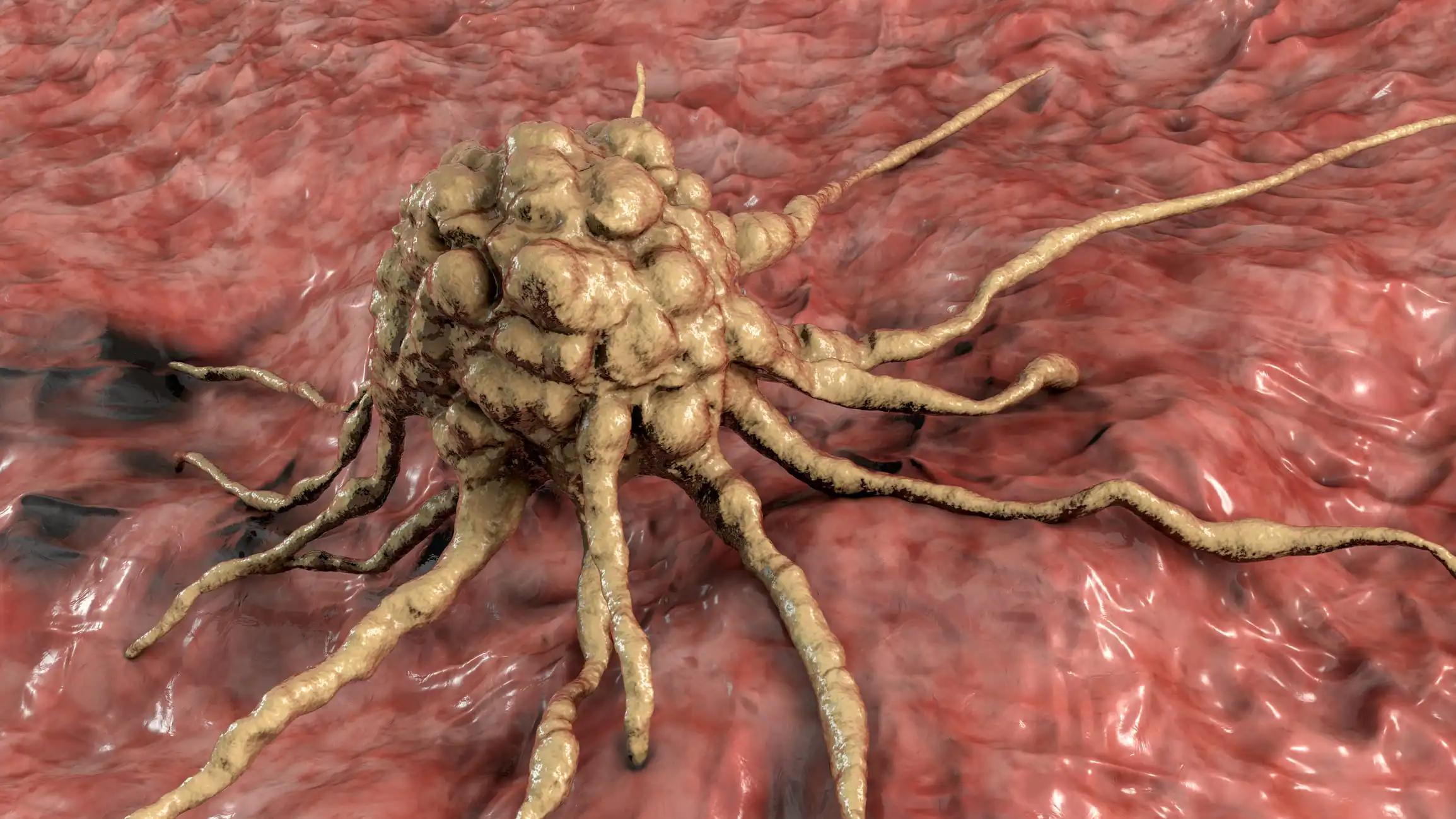KEY TAKEAWAYS
- The ARTACUS phase I/II trials aimed to evaluate the safety and efficacy of RP1 in skin cancer patients who have undergone SCT/SOT.
- RP1 delivered promising antitumor activity in SCT/SOT patients with excellent tolerability, warranting expanded investigation beyond skin cancers.
Skin cancers frequently occur in stem cell transplant (SCT) and solid organ transplant (SOT) recipients. While immune checkpoint inhibitors enhance outcomes in the general population, their use poses a heightened risk of allograft rejection in transplant recipients. RP1, an oncolytic immunotherapy expressing fusogenic glycoprotein (GALV-GP-R)− and granulocyte-macrophage colony-stimulating factor (GM-CSF), presents a potential solution.
Michael R. Migden and his research team conducted the study that aimed to evaluate the safety and efficacy of RP1 as a monotherapy in skin cancer patients who have undergone SCT/SOT.
The study will include 65 transplant recipients with confirmed recurrent or locally advanced cutaneous squamous cell carcinoma (CSCC) and up to 10 patients with non-CSCC skin cancer. This consists of two parts: Part A for kidney and liver transplant recipients to establish safety, and Part B for other transplant types.
Participants must have stable allograft function and ECOG performance status ≤1. They receive RP1 doses at 1 x 106 PFU/mL initially, followed by 1 x 107 PFU/mL every 2 weeks. Enrollment is ongoing until study endpoints are met. Biopsies are collected for biomarker analysis, and HSV-1 serostatus is monitored, excluding patients with visceral metastases.
In Part A of the trial, 13 kidney transplant patients (median age: 68 [range 57–81] years) were enrolled. The most frequent (>20%) treatment-emergent adverse events (TEAEs) included fatigue (46%), pyrexia (38%), chills (31%), and injection site pain, nausea, urinary tract infection, and vomiting (23% each). No immune-mediated adverse events (irAEs) or signs of allograft rejection were observed.
About 3 patients experienced COVID-19-related pneumonia, one succumbed to progressive disease, and another to a cerebrovascular accident. Among the 11 evaluable patients, the preliminary objective response rate (ORR) was 27% (3/11; all confirmed complete response [CR]), and one patient (9%) exhibited stable disease. Immunohistochemistry of tumor biopsies revealed an influx of CD8+ T cells and an increase in PD-L1 expression post-RP1 treatment. Additional biomarker data from gene expression analysis will be presented.
The results showed compelling antitumor activity (ORR 27%, all CR) in the initial evaluation of single-agent RP1 among SCT/SOT patients in Part A of the trial. Notably, no irAEs or indications of allograft rejection were observed. RP1 monotherapy demonstrated favorable tolerability, aligning with the safety profile observed in non-immunocompromised patients with advanced skin cancers (IGNYTE study).
The enrollment scope has now broadened to include patients with non-kidney/liver transplants. Research is sponsored by Replimune Inc.
Source: https://jitc.bmj.com/content/11/Suppl_1/A874
Clinical Trial: https://clinicaltrials.gov/study/NCT04349436
Migden MR, Chai-Ho W, Daniels GA, et al. (2023) ‘’Initial results from an open-label phase 1b/2 study of RP1 oncolytic immunotherapy in solid organ and hematopoietic cell transplant recipients with advanced cutaneous malignancies (ARTACUS). ’’ Presented at SITC 2023 (777).



